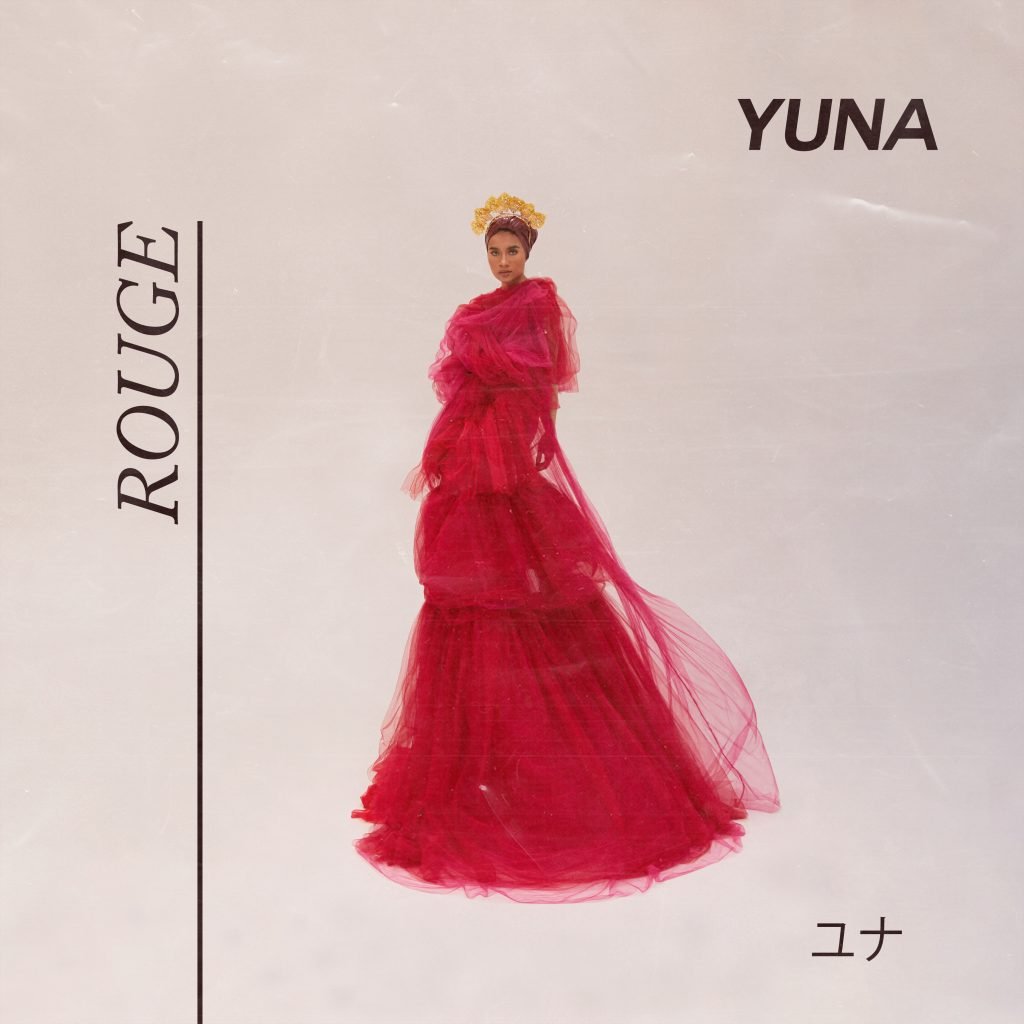Album Review: Yuna “Rogue”


Rogue, the newest release by Malaysian singer-songwriter Yuna, is a summer album for the brokenhearted. The songs take you to the tip of the happiness threshold, or as happy as one is allowed to be whilst in the midst of heartbreak. You know — the kind of music that hits close enough to home to make you feel like you’ve made progress getting over an ex-lover, only to find yourself resonating a bit too hard with the lyrics and swimming in feelings.
Yuna found her path to fame by believing in her gift enough to share with the world by uploading her music to MySpace. This late ‘00s viral exposure carved some space in the indie-pop world for the now 32 year old singer-songwriter. She established her career with some of the best in the biz, like Usher and Pharrell Williams, and cleaned up at the 2008 Malaysian Music Awards taking home multiple trophies. Nearly ten years later, Yuna still holds it down as she dominates the scene with Rogue.
The album starts off with the push and pull of a worried violin on Rouge’s first cut, “Castaway,” as if the opening score for an Alfred Hitchcock adaptation of a Daphne du Maurier gothic novel. The violin’s woes are soothed by a couple guitar chords that settle in, taking control of the rhythm, soon accompanied by a tickling percussion.
Halfway through this album, Little Simz chimes in with some bars in the friendship anthem, “PinkYouth.” Yuna assembled a few different comrades to compile Rogue: Tyler the Creator, G-Eazy, and KYLE also lent their talents to the Malaysian modern disco diva — giving their perspectives on tangled relationships.
Yuna threads a sense of confidence throughout the album: her cross lyrics slice through juicy upbeat kicks in most of her songs, packing a punch capable of sneaking up on those that are victim to heartbreak, hitting hard.
In the second half of the album, Yuna dedicates the track “Likes” to speak to the detrimental components presented in social media. She speaks to the run around that occurs when giving and receiving comments and likes that often leaves people dumbfounded by the connotations. She prompts the listener to stop and think what liking posts, receiving likes, and digital engagement overall equates to in the non-digital world.
Whether you find yourself grooving to sounds of romance, companionship, or obsession, you’re guaranteed to find yourself nestled somewhere along Rogue’s spectrum of relations.




